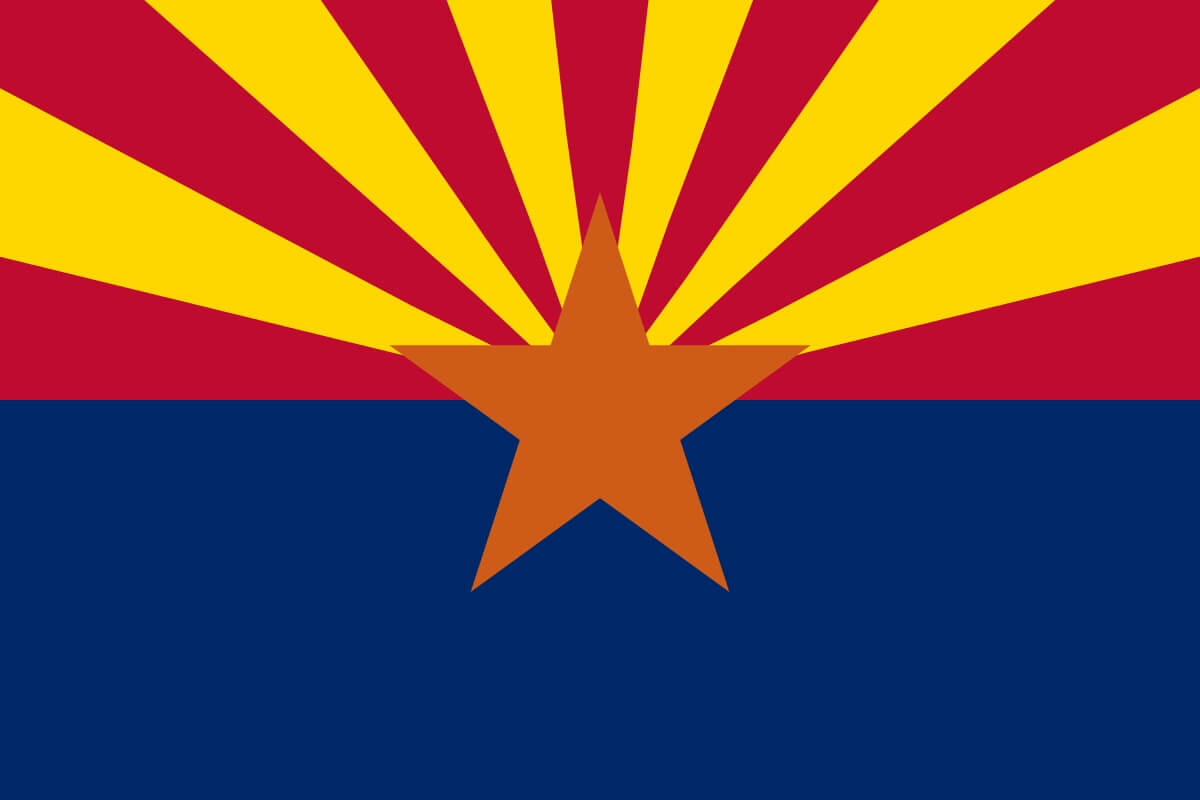In May 2021, the Arizona Legislature passed and Governor Doug Ducey signed Senate Bill (SB) 1268, which imposes stricter reporting requirements on private-sector labor unions by requiring “similar fiduciary guidelines as required by employers or third-party [benefits] administrators.” Under SB 1268, a union must annually disclose to members and members’ employers the following detailed information:
- The union’s total revenues and expenditures (in Arizona and nationally) for each category of benefits offered to members, including but not limited to health and welfare, pension, vacation and sick leave, and training
- The amount of benefit monies that the union has collected on each member’s behalf
- The cost of each benefit provided to each member
- A list of any payments that the union makes for each benefit category
- A reconciliation and explanation of any differences between the union’s total revenues and expenditures and the union’s list of payments
Importantly, SB 1268 requires private-sector unions to allow members to “obtain health and welfare, pension, vacation, sick or holiday benefits of [their own] choosing instead of the benefits offered by the [union].” SB 1268 also prevents a union from collecting dues from employees who have not voluntarily joined the union, and provides a private right of action for aggrieved employees who have had dues collected from their paychecks without their consent.
SB 1268 is currently scheduled to become effective on September 28, 2021. The United Food & Commercial Workers Local 99 and Arizona State AFL-CIO have filed a lawsuit in federal district court attempting to block SB 1268. The lawsuit alleges that SB 1268 (1) is preempted by federal laws, including the Employee Retirement Income Security Act of 1974 and the National Labor Relations Act, and (2) violates the United States Constitution and the Arizona Constitution.
Ogletree Deakins’ Traditional Labor Relations Practice Group will continue to monitor developments related to SB 1268 and the pending litigation and will provide updates on the firm’s Traditional Labor Relations blog. Important information for employers is also available via the firm’s webinar and podcast programs.





